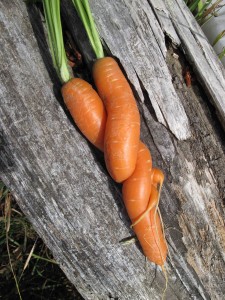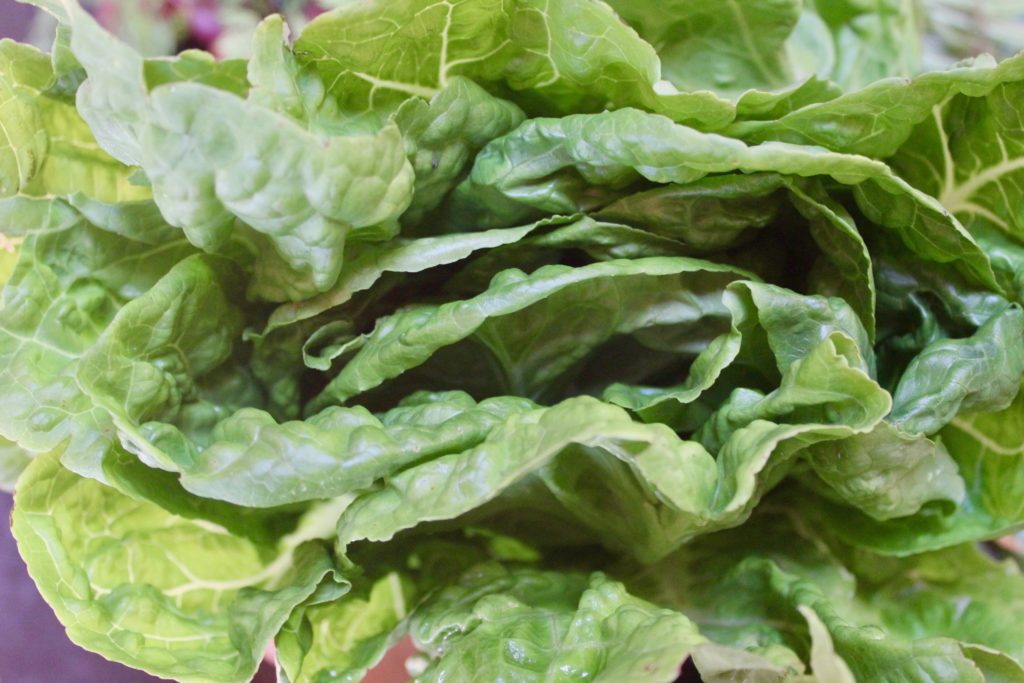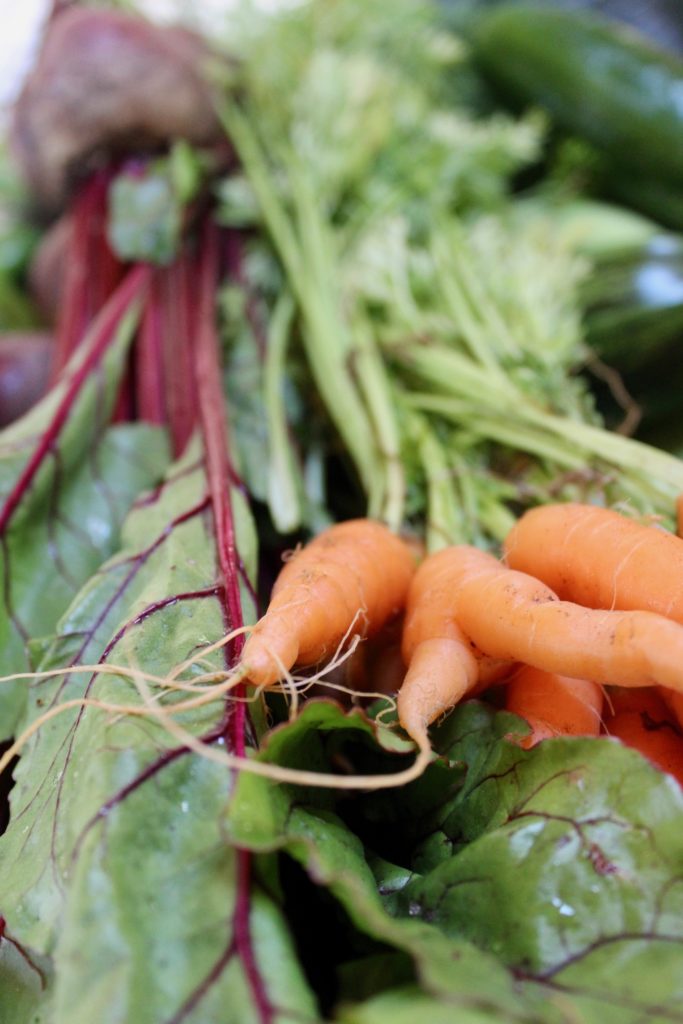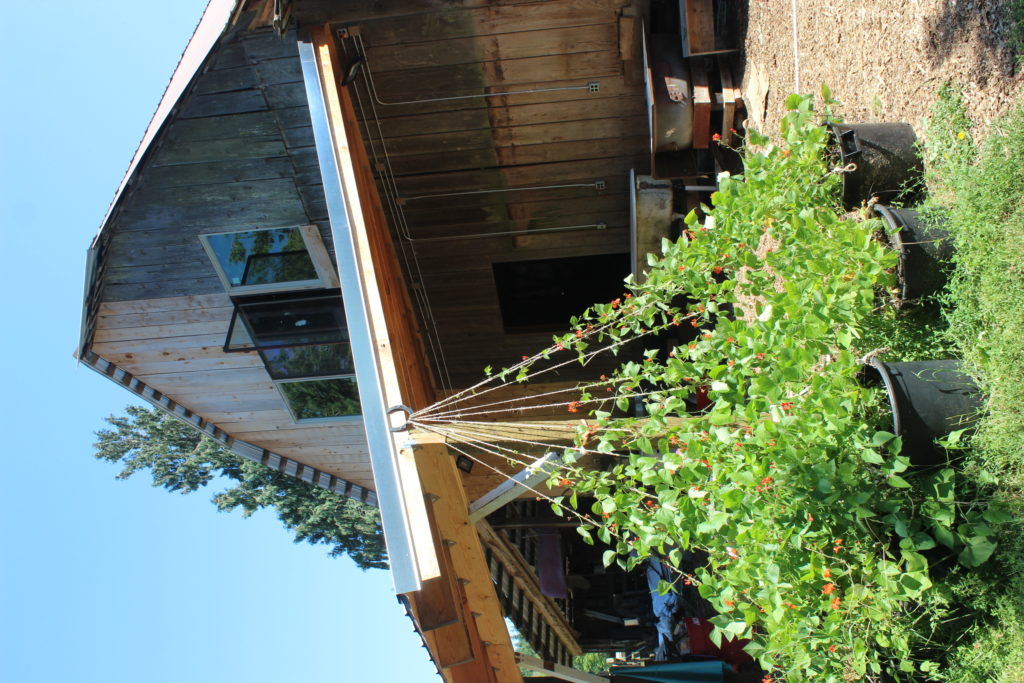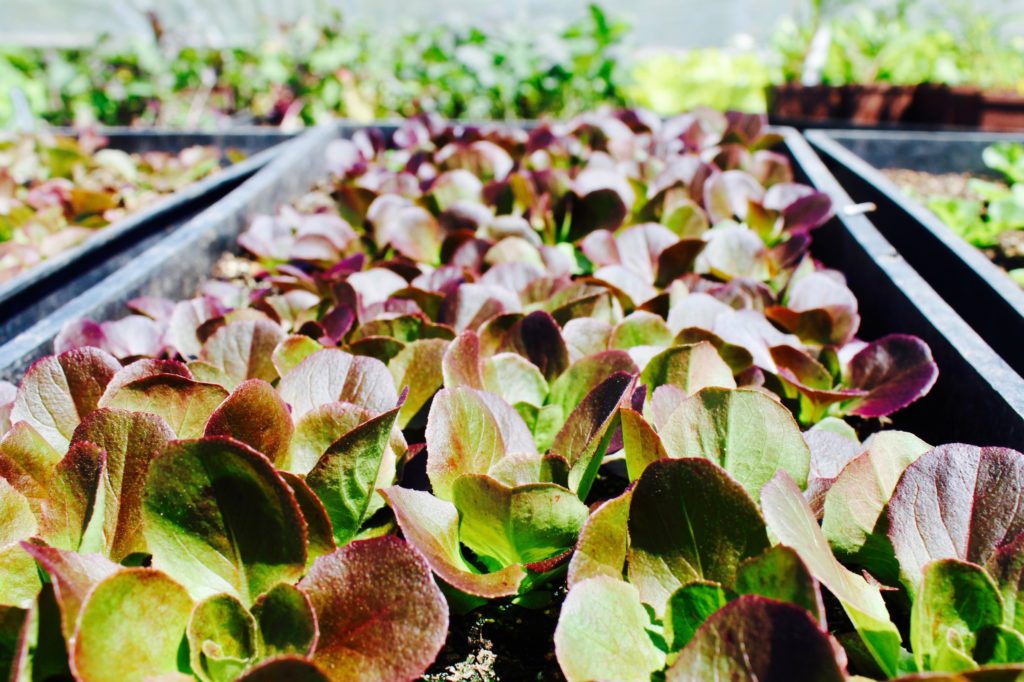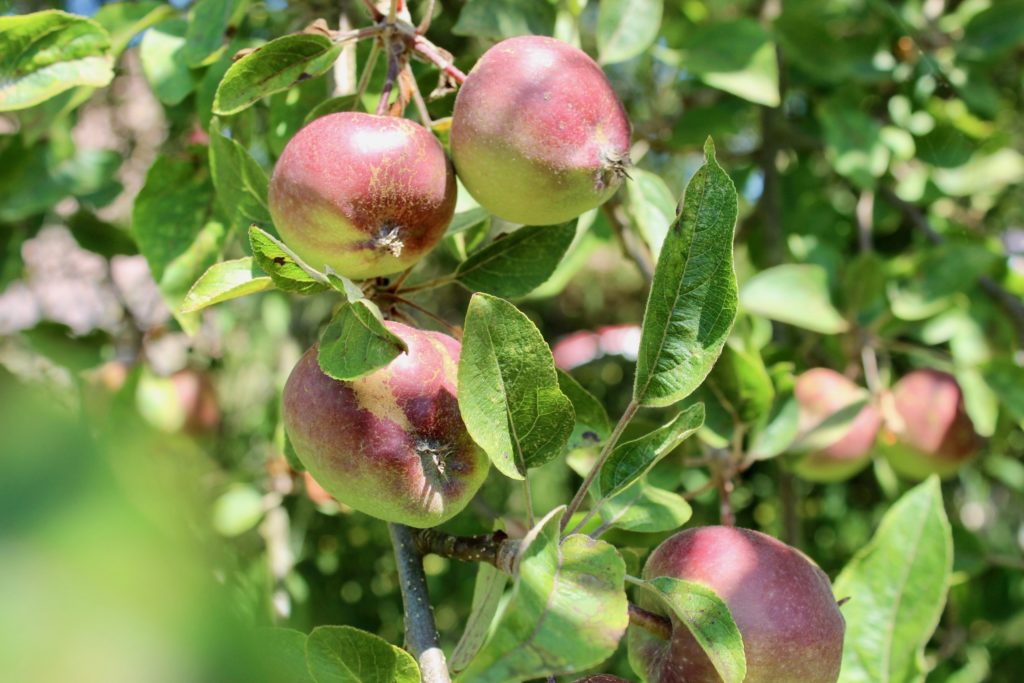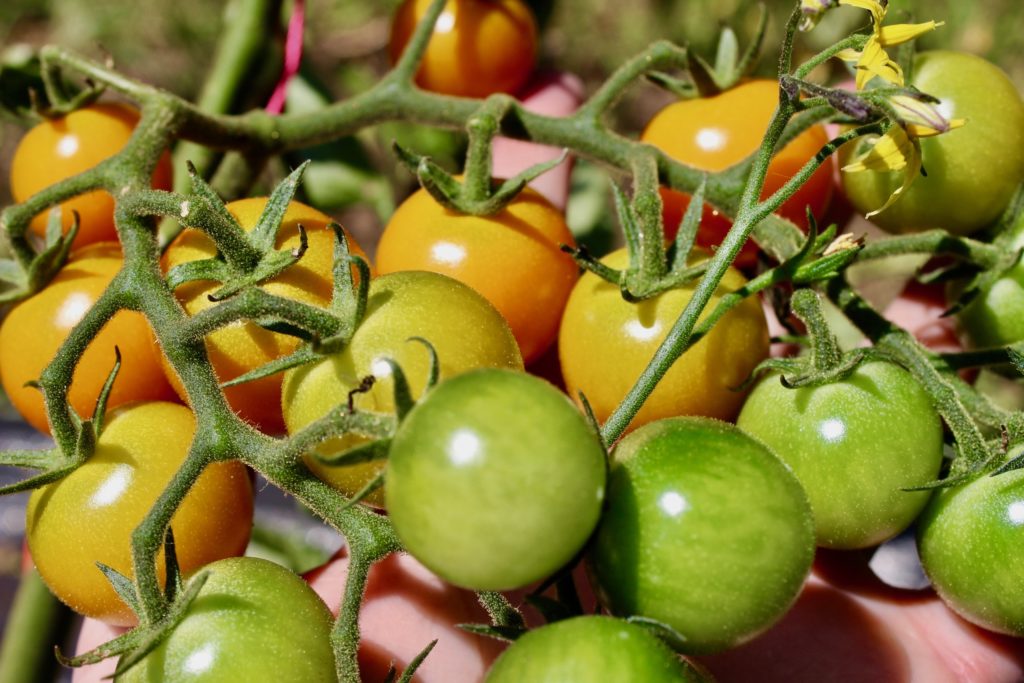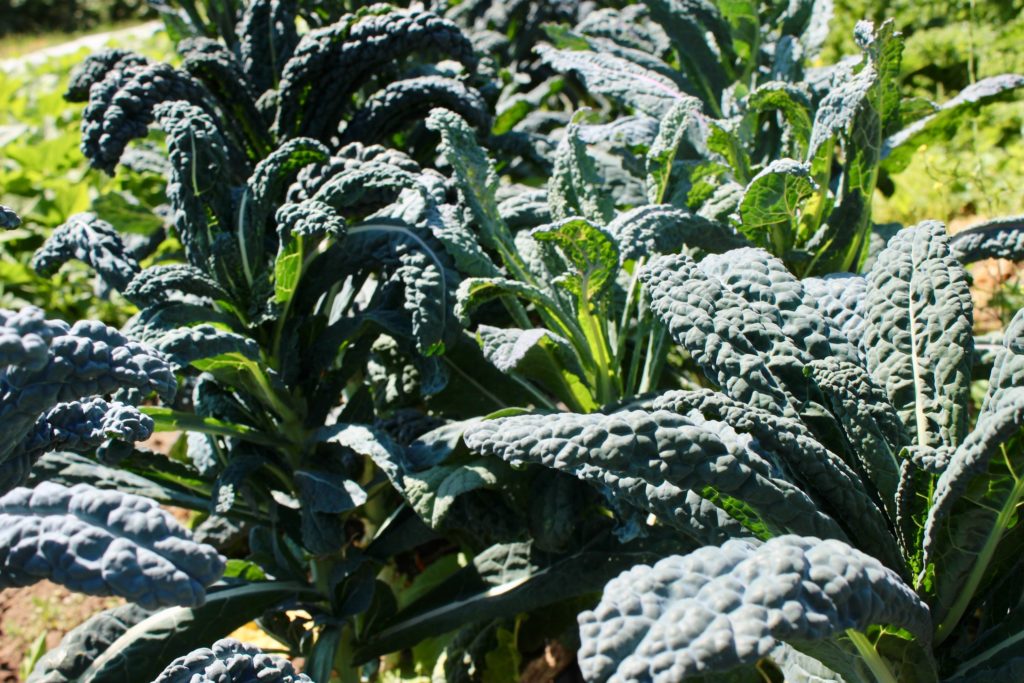In our CSA newsletter this week, we included an excerpt from an article in the Huffington Post. The link to that complete article is here.
That article is a response to a August 10 article in the New York Times. The link to the original article is here.
The individuals on the SkyRoot team had different responses to these articles, though we were all content to put a few inspirational paragraphs from Jenna Woginrich’s article in the newsletter. Arwen felt compelled to go off and write a response to the articles, which she then forced her farm partners to read. Their response was to encourage me to put it on the website, so here goes — another contribution to the raging controversy ignited by that first article…
I love being a farmer. This is the 6th season that I have chosen to grow food as my full-time job. Half of those seasons were spent in internships on other people’s farms, and this is the third season that I have been the owner of a farm business. There is nothing that I would rather be doing, no other combination of vocation and avocation that that I can think of that could combine the diversity of tasks that go into a week on the farm, the challenges of managing systems on a variety of scales, my love of putting seeds into dirt and being surrounded by growing things, and my entrepreneurial tendencies the way managing a farm does. Farming isn’t easy for a lot of reasons, one of which is that I also am not making a living doing it, though I’m confident that this will be the best year yet.
My initial reaction to both of the articles I read in the argument of whether or not we should discourage children from becoming farmers was negative. Sure, both articles made good points, and certainly the rebuttal to the original article tugged at my heartstrings. But the ideas the authors left out and our points of disagreement stood out more to me. As I re-read the articles this evening in preparation for writing an energetic yet reasoned criticism of both articles, I found myself asking the question of whether it’s actually useful for me to prolong this disagreement among essentially like-minded people. I’m confident that I’m a “good” farmer by the definition of both authors, and I’m confident that I support the farming work that both of them are doing. So I should be banding with them as the author of the NYT piece suggests in order to fight for a better food system.
So instead of the point-by-point criticism I was itching to write, I’ll content myself with pointing out that farmers are unlikely to effectively band together as long as we continually create strict definitions of “good” farming and “bad” farming as both of these authors do. That farm isn’t small enough. Those farmers are too old. You’re not a “real” farmer if you come to it later in life on land you’ve bought with money from an earlier career. Obviously there are farms employing practices that clearly damage the environment and exploit powerless workers, and we need to fight to stop them. But there are a lot of different ways for people to try to farm using practices that improve soils, eliminate pollution, enhance habitat for native birds and bugs and plants, provide fair (and fun!) working conditions, and are otherwise sustainable or restorative. Common goals, demonstrated effort, and hopefully a dash of idealism should be all that are required to be in the “good farm” club. And once we’re there together to work for a better future for farmers and eaters, maybe we can also remember that putting our work on a pedestal from which we look down at the deprived people who have to work in offices (many of whom will never want to be farmers and actually like their current jobs) is unlikely to win us additional support from the wider world.

